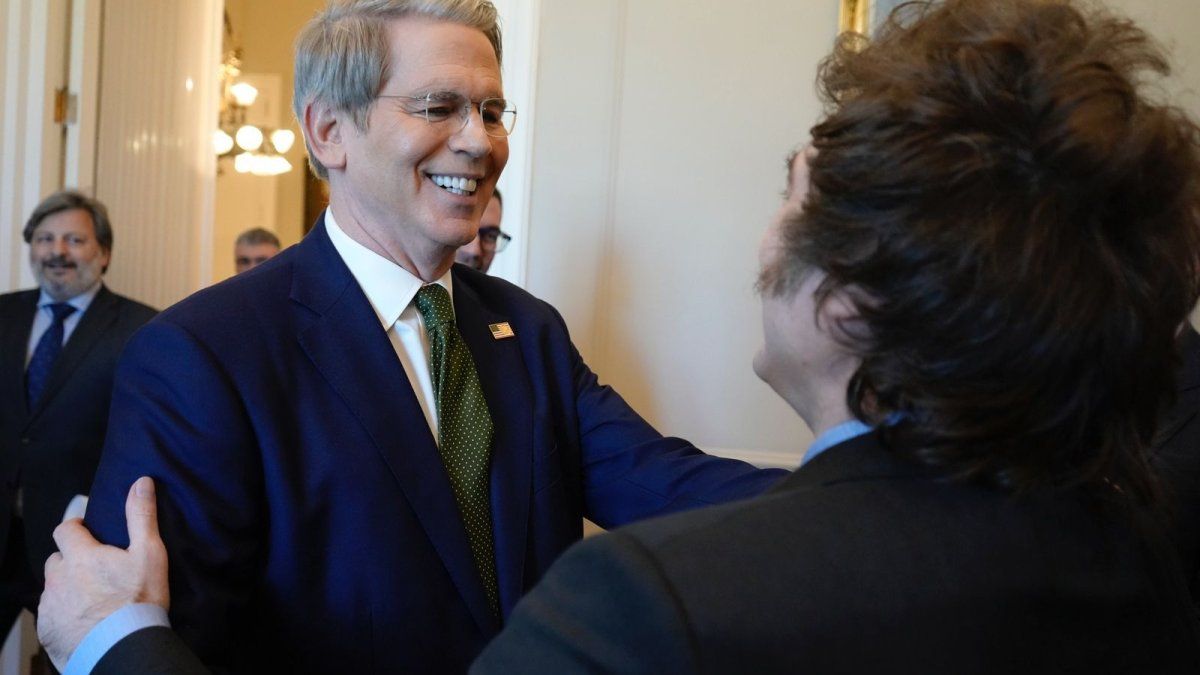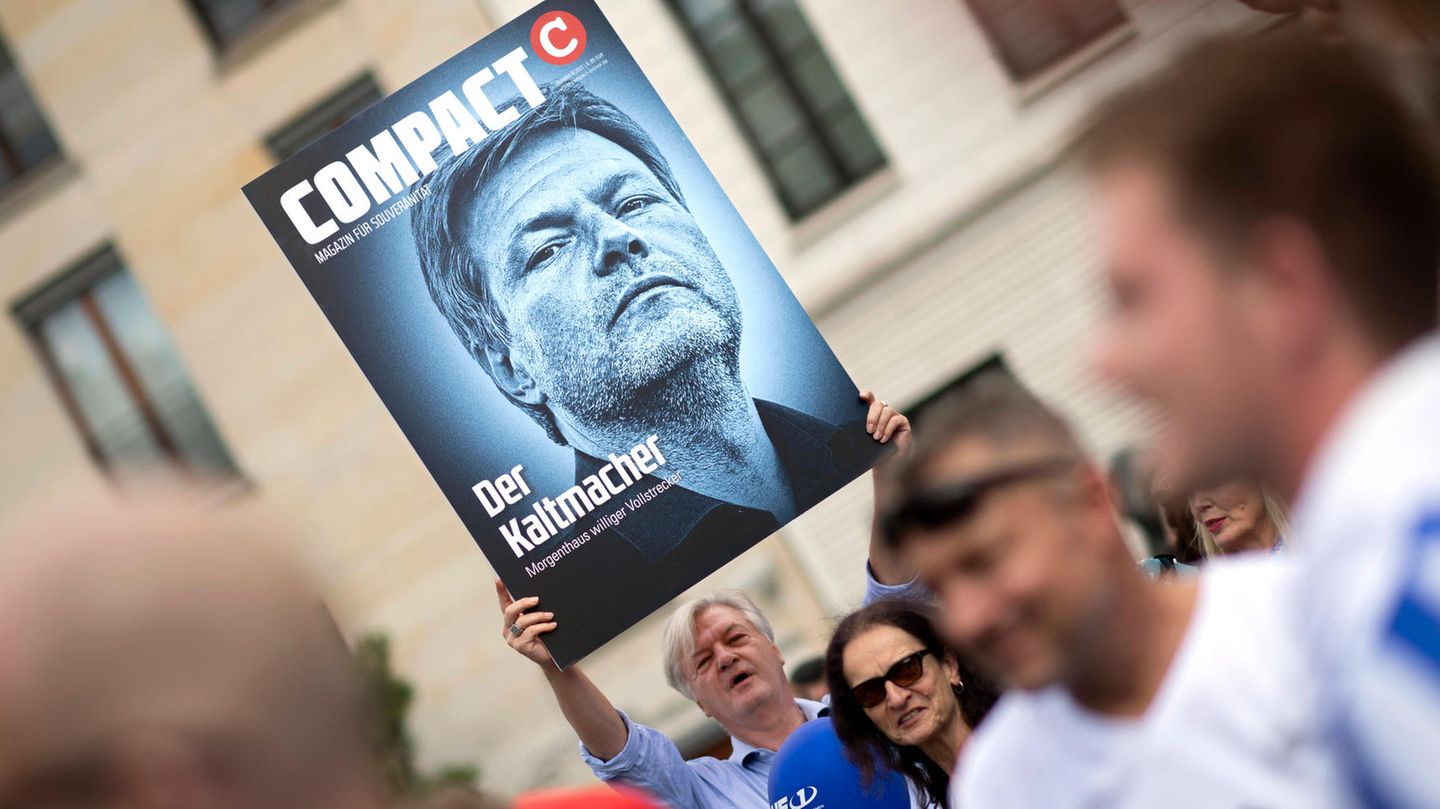I have been working in the news industry for over 6 years, first as a reporter and now as an editor. I have covered politics extensively, and my work has appeared in major newspapers and online news outlets around the world. In addition to my writing, I also contribute regularly to 24 Hours World.
Menu
What is the “Compact” magazine and why was it banned?
Categories
Most Read
Dispute over military service: Coalition enters military service consultations in disagreement
October 15, 2025
No Comments
Child benefit increase in 2026: This is how much money you will get
October 15, 2025
No Comments
Pistorius and the conscription scandal: A man shows his nerves
October 15, 2025
No Comments
NATO protection flights in Poland: Pistorius sends fighter jets
October 15, 2025
No Comments
Security and defense: Pistorius sends fighter jets to Poland for NATO protection flights
October 15, 2025
No Comments
Latest Posts

Kim Kardashian: This is how her divorce from Kanye West happened
October 15, 2025
No Comments
Lisa HarrisI am an author and journalist who has worked in the entertainment industry for over a decade. I currently work as a news editor

Scott Bessent said that the total bailout could reach US$40,000 million and bought pesos again
October 15, 2025
No Comments
October 15, 2025 – 1:20 p.m. “The US Treasury bought Argentine pesos in the market this morning,” said Bessent. The head of the US Treasury,

Friendship with Trump could be embarrassing for FIFA boss Infantino
October 15, 2025
No Comments
analysis Infantino’s friendship with Trump could be embarrassing for the FIFA boss Gianni Infantino and Donald Trump get along great. However, Trump’s latest statement about
24 Hours Worlds is a comprehensive source of instant world current affairs, offering up-to-the-minute coverage of breaking news and events from around the globe. With a team of experienced journalists and experts on hand 24/7.

